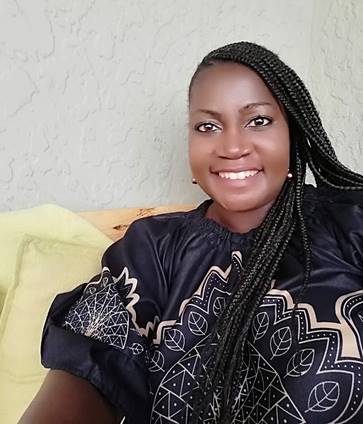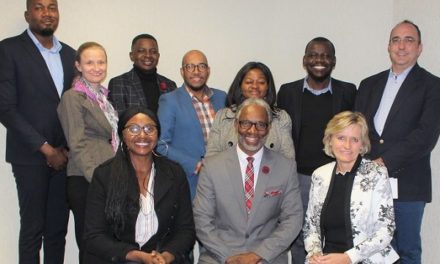
We cannot have climate justice without social justice

By Rachel Ndaiponofi Shiweda
Technical Advisor, GIZ Namibia.
Israeli’s energy and water resources minister, Karine Elharrar, who uses a wheelchair, was denied access to the United Nations COP26 climate summit on Monday, 01 November. This was because the conference venue was inaccessible to persons using wheelchairs. The only options to reach the conference venue were to either walk for almost a kilometre or to board shuttle buses that were not wheelchair accessible.
After two hours of waiting outside because the organisers refused her entry to the conference grounds in the vehicle in which she had arrived, she was eventually forced to return to her hotel which was 80km away.
How could the organisers have allowed this to happen and why were they so uncooperative? Furthermore, how did the organisers overlook such an important aspect at its event?
This experience must have been very disappointing, frustrating but not unfamiliar to Elharrar who simply wanted to meet with her counterparts and discuss the climate crisis. The Foreign Affairs Minister of Israel, Yair Lapid, weighed in with the following statement “It is impossible to take care of the future, the climate, and sustainability if we don’t first take care of people, accessibility, and people with disabilities”. Eventually, a plan was put into motion that ensured that Elharrar could participate in the summit from Tuesday, 02 November, onwards.
This incident is just one of many examples which demonstrates the importance of physical access to buildings and public facilities. Without any thought, persons with disabilities are excluded from participation. Not out of malice, even worse, because it simply hasn’t occurred to people. By physical access or accessibility, we refer to access to; buildings, public spaces (e. g. parks, sports fields, playgrounds, parking areas etc.).
It also includes any other place a person might need to go for work, play, education, train, business, and service. Physical access is important because it allows for equal, and equitable, access for people with disabilities. Although access to buildings and public spaces is vital, it is equally important that people with disabilities can make full use of such buildings, public spaces, and facilities.
About 5% of Namibians, approximately 100,000 people have some form of disability. Those disabilities may impact their ability to walk, climb stairs, hear, see, or grasp objects. For that reason, new buildings need to have accessibility features in place. For example, when old buildings are restored, renovated, or upgraded the owners of such buildings need to keep accessibility in mind.
Common accessibility features include but are not limited to ramps and lifts. Lighting in buildings should be evenly lit, not too bright or too dark especially for persons with visual impairments; signs must be in braille and in large print to let people with visual impairments know where they need to go; reception counters and light switches should not be too high to accommodate persons using wheelchairs and people of short stature. With regards to wheelchairs, doors should be wide enough, not too heavy, and easily opened and closed; wide enough corridors; accessible toilets and parking bays.
With the assistance of the National Disability Council of Namibia, Namibia is in the process of developing a disability accessibility standard for all public buildings and infrastructure. The draft standard is currently with the Namibia Standard Institute.
Once the standard is finalized, all new public buildings will be required by law to be accessible to people with various types of disabilities and older public buildings will receive a grace period to make them accessible.
While accessibility is very important, it is not the only thing that needs to be changed. It is the negative attitudes, perceptions, and prejudices of people towards people with disabilities that need to change the most.
Real change will be made when peoples attitude towards disability change. It forms the basis of the leave no one behind the principle and means we will be able to truly build an equitable society.












































